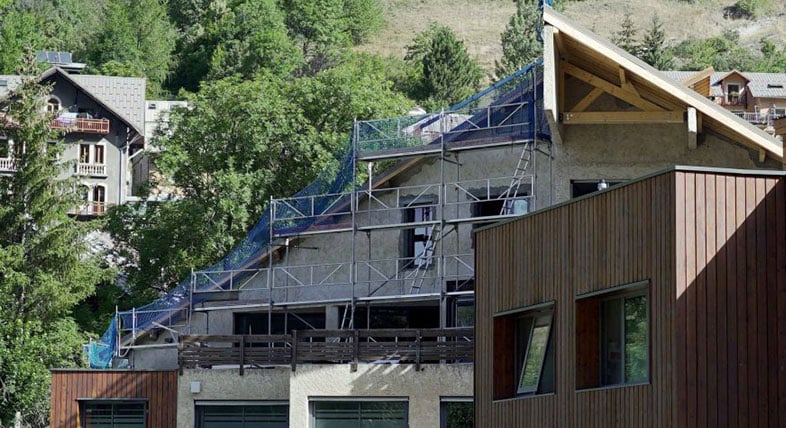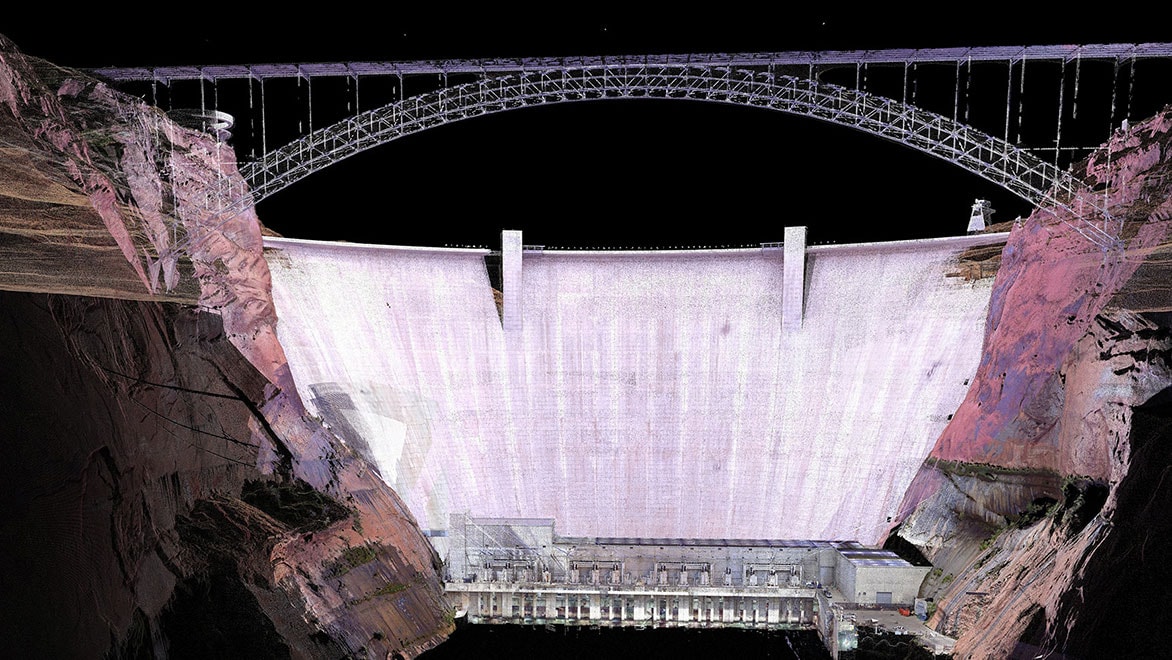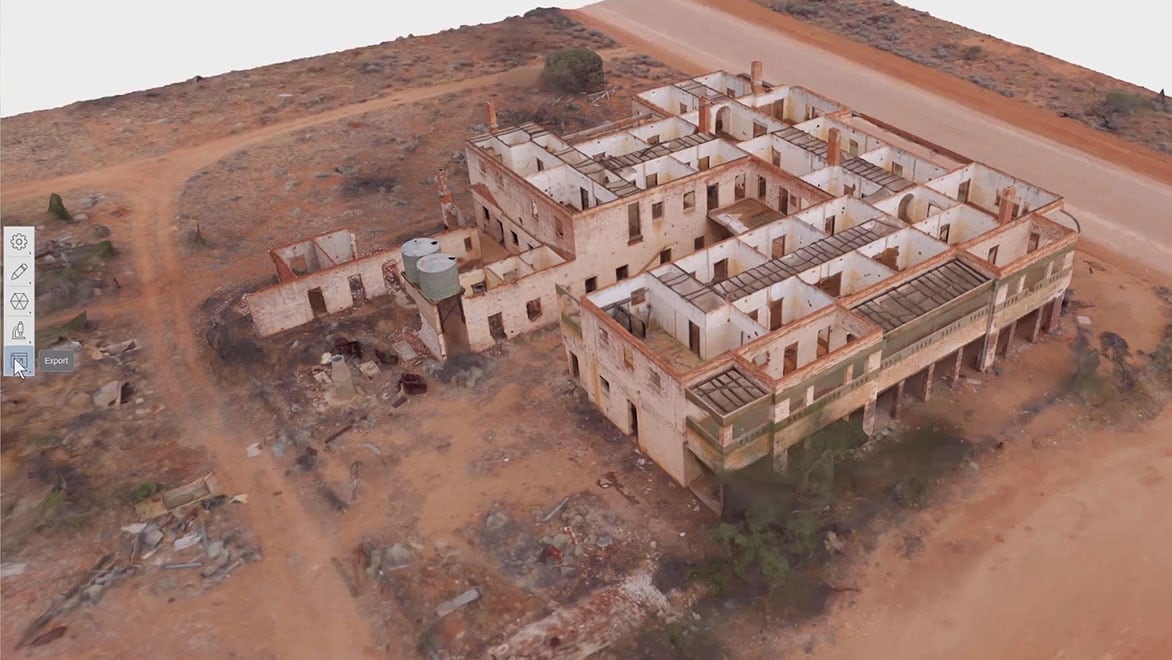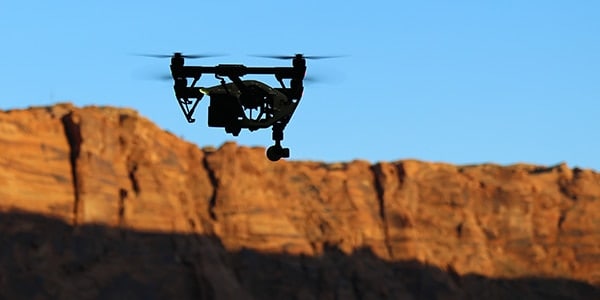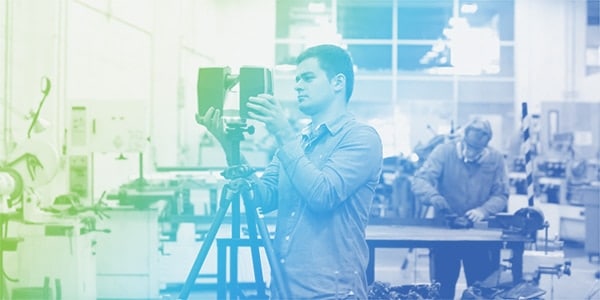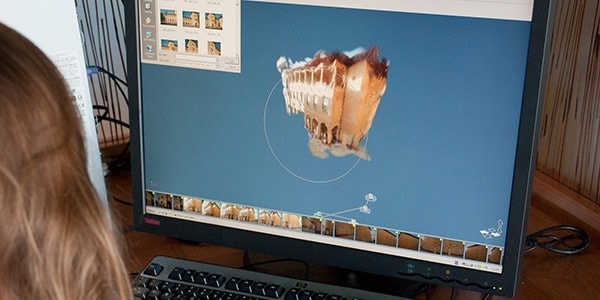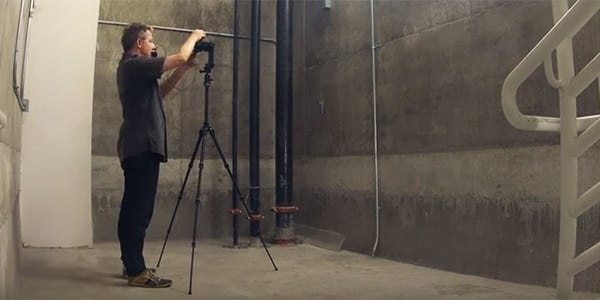PHOTOGRAMMETRY SOFTWARE
Autodesk® ReCap™ software converts reality captured from laser scans or photos into a 3D model or 2D drawing that is ready to be used in your design.
Image courtesy of TMS CADCentre, Morphotechnics, & Thomas Haywood Aerial Photography, UK

